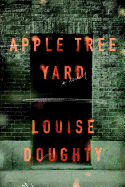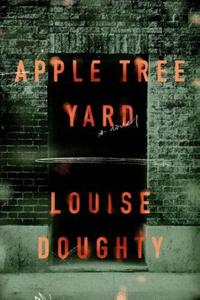

The prologue hints at the seriousness of Yvonne's dilemma by dramatizing the crux of her testimony without specifying the full gravity of her criminal charges. The first chapter jumps back to the inauguration of her affair, and then proceeds chronologically through its aftermath. The last third of the novel reprises and resolves, for better or worse, the prologue's courtroom drama; these trial scenes are among the best in the book. American readers need not fret about understanding the British legal system--Doughty provides swift sub judice explications alongside her astute depiction of bewigged barristers and their sly interrogation techniques.
Doughty makes much of her narrator's scientific background and the complex layers of dysfunction in her family life. She also has Yvonne make worldly comments of self-protective cynicism and deliver genetic-flavored pronouncements on human behavior. If Yvonne's observations occasionally sound more layperson than Watson & Crick, it's a minor lapse in tone more than mitigated by the novel's headlong pace and expertly seeded premonitions of disaster.
Several themes in Apple Tree Yard elevate its racy thriller profile. DNA struts throughout the text in hereditary and research guises, and two separate turns of the plot hinge upon the threat of forensic analysis. A defense barrister summarizes a study of primate altruism under stress that functions as a morality metaphor for several characters' choices.
Apple Tree Yard raises the question of how guilt should be assigned when multiple vectors trigger an event. Yvonne's recounting of the implosion of her affair and her view of the motivations of the men in her life constructs an intriguing network of responsibility. It's the reader, not the jury, who hears enough evidence to decide who is guilty, who is innocent and who is gallant. --Holloway McCandless
Shelf Talker: A titillating, suspenseful and thought-provoking novel about a London affair gone awry.

